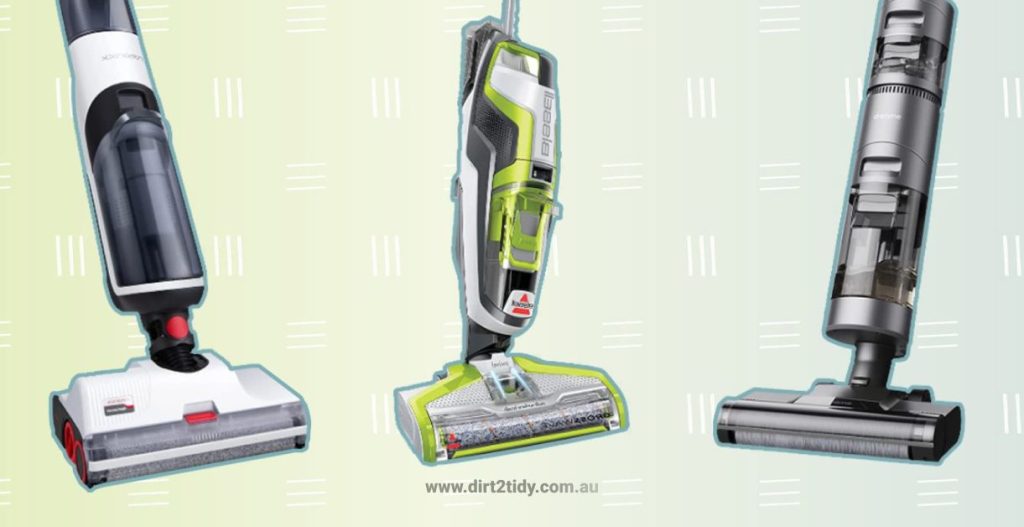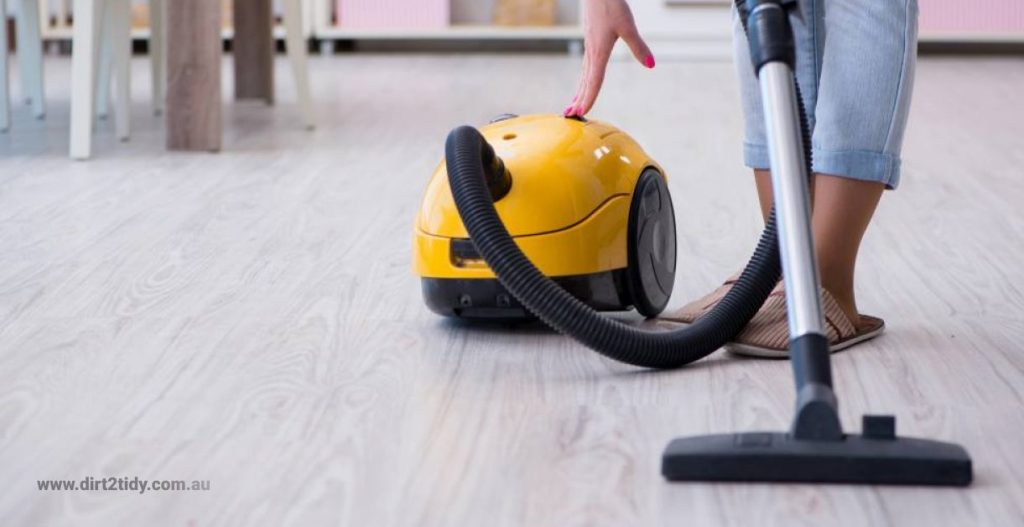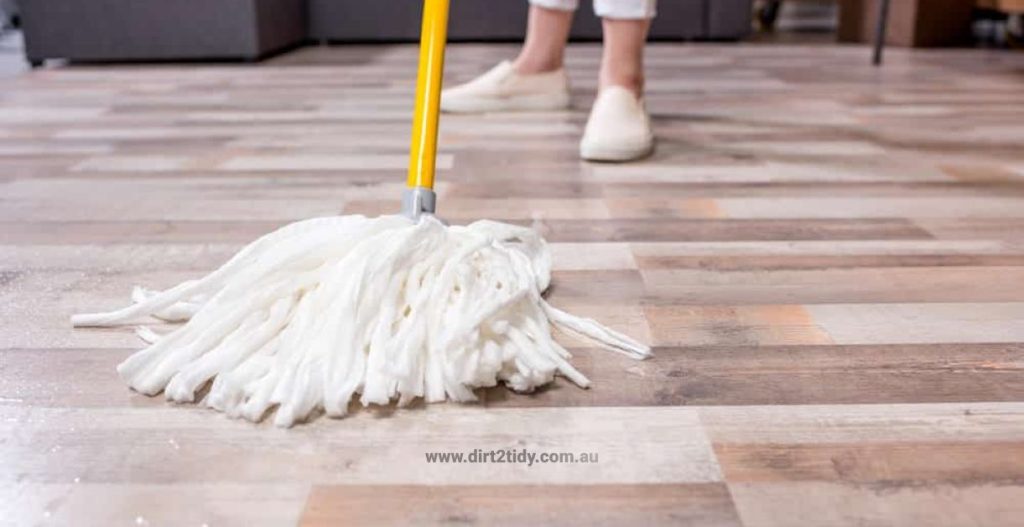Table of Contents
When it comes to cleaning homes, mops and buckets are two of the most important tools. Some experts, though, have shown that vacuum cleaners are better at cleaning hard surfaces.
This mop vs. vacuum debate is about which of these cleaning tools is best for cleaning your floors and home.
What are the main ways a vacuum and a mop are different?
A vacuum cleaner is an electrical device that picks up dirt, dust, and small particles from floors, rugs, drapes, and other surfaces. A mop, on the other hand, is a piece of equipment (usually made of wood) with twisted cotton or synthetic sponge strings that is used to wipe floors.
A vacuum is an electrical device that uses suction to pick up dirt, dust, and other small particles from hardwood floors and other surfaces. It is also called a vacuum cleaner or a hoover. Small particles like pet hair, pollen, and other allergens can also be cleaned up with a vacuum cleaner.

What Are Vacuum Cleaners For?
Basically, a vacuum cleaner are turned by an electric motor. The fan then makes a negative air pressure, which pulls air and other small particles towards the exhaust port. This makes vacuum cleaners better at getting dirt and small particles out of cracks and corners, especially on floors with grout, which improves the air quality inside your home.
Unlike brooms, which can’t get rid of fine dust, vacuums can get rid of fine dust on hard floors. Mopping is also easier when you vacuum first. This is because removing soil with a vacuum cleaner keeps wet dust and dirt from turning into mud. And since there won’t be much mud to clean up, you won’t have to work as hard when you mop.
Vacuums can do more than just clean floors. There are also wet vacuums that can clean floors, walls, and windows both dry and wet.
Describe a mop
A mop is a tool made of a stick or pole connected to a ball of absorbent material like yarn or sponge. It is used to soak up liquid and clean floors, walls, and other surfaces.
Even though mops can pick up dirt, they are better at removing grease. So, they are best for cleaning floors that are sticky, muddy, or greasy. Most mops are mechanical, but there are some that are powered by electricity.
Pros and Cons of Mopping
Just like vacuum cleaners have their place in the cleaning arsenal, mops come with their own unique strengths and weaknesses. Let’s break down the upsides and downsides of reaching for a mop when it’s time to tackle your floors.
Pros of mopping:
- Effective at tackling sticky or greasy messes:
Mops, especially those made of absorbent yarn or sponge, are excellent for breaking down sticky spills and cleaning up greasy residues that vacuums can’t handle. - Great for wet cleaning:
If your goal is to clean up liquids or wash a surface, a mop is often the best tool for the job. It’s especially handy on tile, vinyl, and sealed stone. - Simple to use and maintain:
Most mops are mechanical, requiring no electricity. They’re straightforward, reliable, and don’t involve much technical know-how.
Cons of mopping:
- Can leave floors wet and slippery:
Unlike vacuuming, mopping often leaves floors damp, which increases the risk of slips and falls until everything dries. - Not ideal for removing fine dust:
A mop may push dust and soil around rather than pick it up, and can sometimes create a muddy mess when dirt gets wet. - Potential for spreading grime:
If the mop head isn’t rinsed or replaced regularly, you may find yourself spreading more dirt than you’re collecting—especially in larger or particularly dirty areas. - Less effective in cracks and corners:
The bulky head of a mop doesn’t easily reach into tight spaces, grout lines, or deep crevices where dust likes to hide.
So, while a mop excels at deep cleaning sticky or greasy spots and is easy to use, it falls short in dealing with fine dust and may pose some slip hazards. In short, mopping still has its place—just not as a one-size-fits-all solution for every type of mess.
What’s Better About a Vacuum Cleaner than A Mop?
When compared to a mop, a vacuum cleaner is a more hygienic, deep-cleaning way to clean floors. It also prevents slip hazards and doesn’t make mud when cleaning floors.

Better Deep Cleaning
When it comes to cleaning floors, a vacuum cleaner is better than a mop. Vacuums are powered by electricity, which lets them pick up dirt, dust, and pet hair even from corners, cracks, rugs, and under furniture, leaving your floor spotless.
On the other hand, the yarn on mops might not be able to get into these spaces. And when you use a mop to clean dirty surfaces, you mostly wipe off dust. This leaves some dust particles in the air, while vacuum cleaners get rid of dust. So mops are not as good at getting rid of dust and dirt as vacuums.
Also, vacuuming is great for wood floors, bamboo floors, laminate floors, and cork floors, which can be damaged by using a lot of water on them.
Still, a study has shown that when compared to dust mopping, vacuuming cuts the need to burnish floors by 60%.

Doesn’t get dirty
When you try to clean your floor with a damp mop, soil, dirt, and dust may turn into mud. When you vacuum your floor, you keep dirt from getting on it.
Studies show that vacuum cleaners can get rid of 99% of the dirt on floors, while mops can leave behind 30–60% of the dirt.
Hygienic
When you try to clean small, hard-to-reach places, like cracks, with a damp mop, water or moisture can get into these places and cause mould and mildew to grow. On the other hand, vacuuming doesn’t cause mould or mildew to grow.
Also, vacuuming is better for the air quality inside than mopping, and it will make your air filters last longer.
Prevents slip hazards
When you use a mop to clean the floor, it gets wet. This can cause accidents like slipping and falling. A dry and wet vacuum cleaner can clean your floor with water and dry it at the same time, making it safe to walk on.
Let’s look at the pros and cons of each method:
Mopping:
- Pros: Simple, inexpensive, and you probably already have a mop in the closet. Great for quick clean-ups and doesn’t require electricity.
- Cons: Leaves floors wet and slippery, which isn’t ideal if you’re in a hurry or have kids and pets darting around. Plus, mops can sometimes push dirt around instead of truly removing it.
Wet Vacuuming:
- Pros: Cleans and dries in one go, so you can walk on your floors almost immediately. Picks up dirt and water, leaving surfaces cleaner than traditional mopping.
- Cons: Usually pricier than a mop and takes up more storage space. You’ll also need an outlet (or a charged battery) to get started.
So, which should you buy? If you want a quick, low-cost way to clean up, the mop works just fine. But if you’re after speed, safety, and a truly clean floor, a dry and wet vacuum cleaner might be worth the investment.



